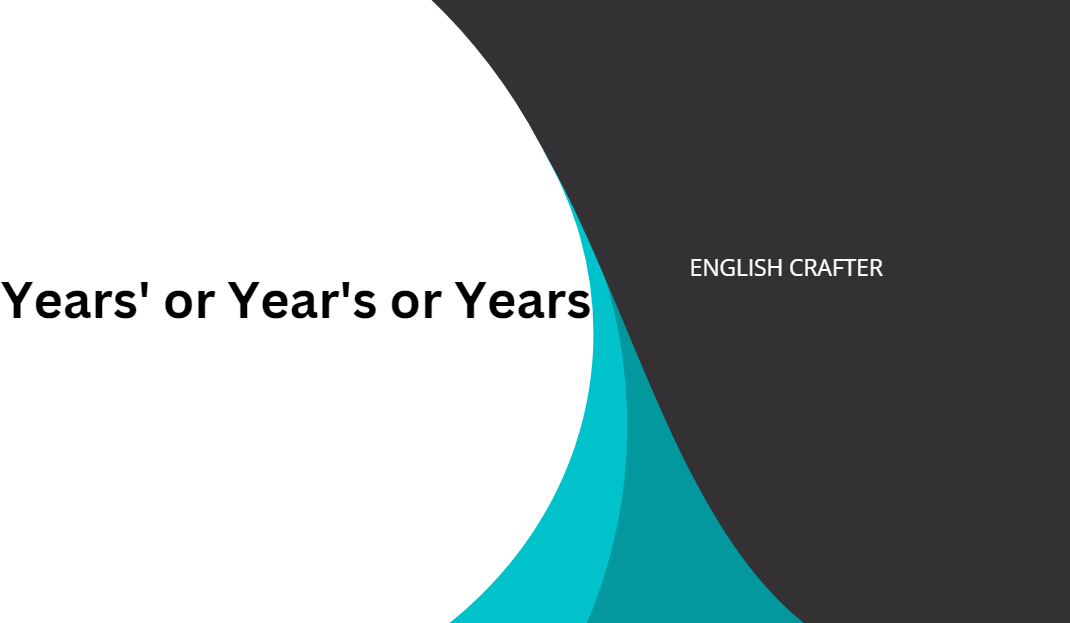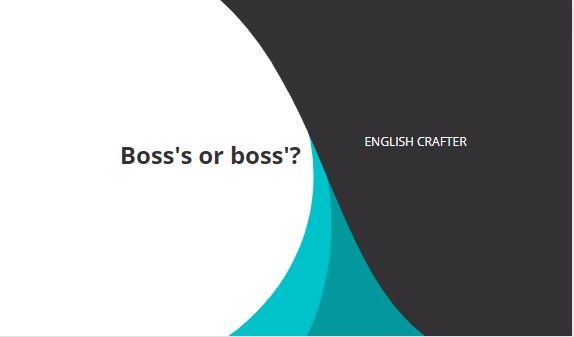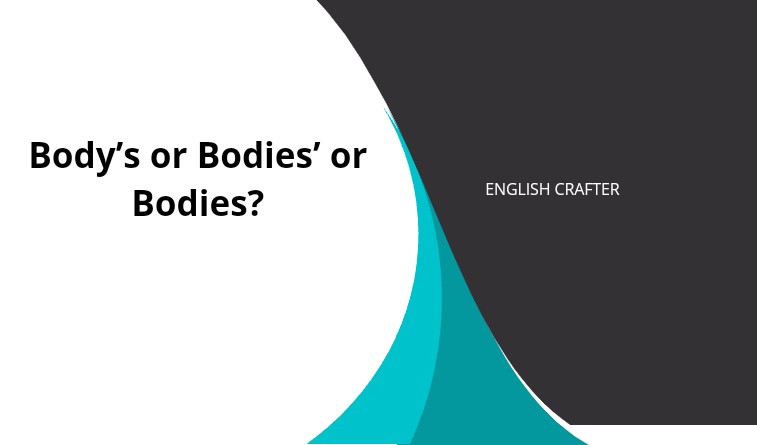Years’ or Year’s or Years?


The term year’s is the singular possessive form of year. E.g., “Last year’s results were outstanding.” Furthermore, years’ is the plural possessive form. E.g., “I gathered several years’ worth of experience in that job.” Also, years is the standard plural form of year.
Understanding how to correctly use the four forms of year can be challenging. Therefore, this chart provides a breakdown of each form, followed by some example sentences.
| Form | Example |
| Singular | Year |
| Plural | Years |
| Singular Possessive | Year’s |
| Plural Possessive | Years’ |
Singular: I have been volunteering at the local shelter every year.
Plural: I haven’t visited my hometown for years.
Singular possessive: The company requires one year’s commitment for the training program.
Plural possessive: In a few years’ time, we plan to expand our business.
As the sentences show, when you use years’, you must refer to a plural quantity of years, typically two or more. Conversely, when you use year’s, you can only refer to one year.
Now that you have grasped the basics of the possessive versions of the word year, continue reading to learn more about each term and how to use them.
Year’s
The term year’s is the singular possessive form of the word year. Therefore, you should use it when you want to express that something belongs to a single year.
You can use the term year’s to refer to periods of time, i.e., something happening in a year.
- In a year’s time, we aim to launch our new product.
- We must provide one year’s notice before resigning from the company.
Additionally, the word “year’s” commonly pairs with words such as last, next, and this to show events belonging to the year.
- Last year’s conference was informative.
- This year’s sales projections are promising.
- Next year’s goals seem achievable.
Years’
The word years’ is the plural possessive version of year. Therefore, you can use it to indicate that something belongs to two or more years.
One of the primary uses for the term years’ is to refer to time. When you use years’ in this way, you often add words like few, several, or couple combined with a term such as time or experience.
- In a few years’ time, we anticipate significant advancements in technology.
- I gained several years’ worth of expertise in my field.
Furthermore, you can also use years’ to refer to events or results that span more than one year.
- I invested my savings from the last few years’ bonuses in a startup.
- Recent years’ performances have surpassed expectations.
Years
The term years with no apostrophe is the standard plural version of the word year. This means you should use it when referring to a plural quantity of years in a non-possessive context.
Moreover, you can use the word years with specific numbers, as shown in the following example:
- We have lived in this city for almost ten years now.
Alternatively, you can use years with other quantifier words such as several, many, or a few.
- She has been urging him to pursue higher education for several years.
- He traveled the world for many years.
- He dedicated a few years to working on a research project.






